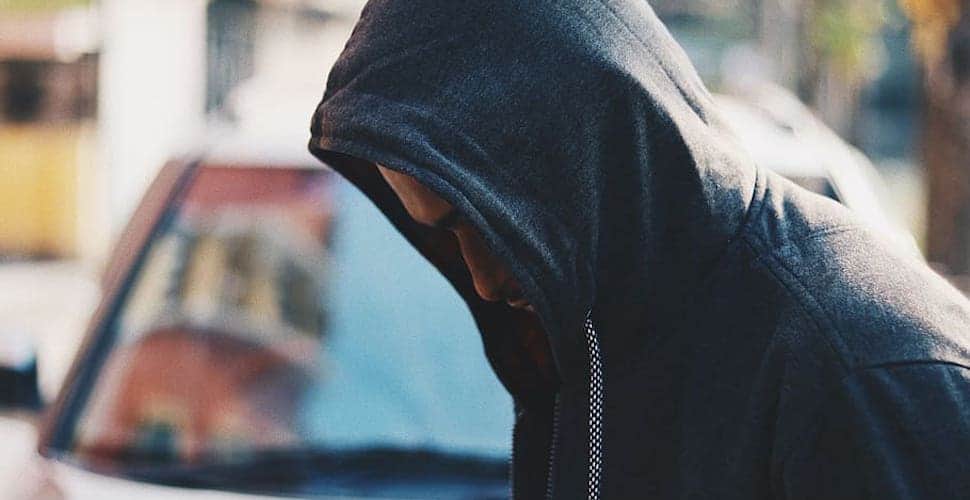The U.K. is struggling with a serious child exploitation crisis with children as young as seven being used on the frontlines of drug gang activities and turf wars.
The exploitation of children by drug-dealing gangs—a practice which has come to be known as ‘county lines’—is becoming increasingly common.
Many experts and activists believe that the country’s drug laws and policies are fuelling the problem.
A growing problem
While the exact scale of the problem is unknown, a study from 2018 estimates that 50,000 children from across the country were involved.
The Home Office had 589 county lines referrals between April and June of last year, marking the highest figure since records began in 2009.
The trauma inflicted on children in these situations cannot be overstated. Victims face extreme brutality. openDemocracy quotes former undercover drugs operative Neil Woods:
Young people are having their personalities changed permanently to survive in this cut-throat world. And it’s changing the whole social system in which these children operate.
The pandemic and the U.K.’s drug policies as key drivers
Experts partially attribute the increase in cases to the pandemic. Vulnerable children were in greater need of money for food and clothes and were spending lots of time online while alone at home, making them targets for grooming via social media.
But the biggest driver of county lines exploitation, according to Woods, is the U.K.’s drug legislation.
In a new film made for the Transform Drug Policy Foundation (TDPF), Woods argues that police action against drug dealers has pushed gangs to use more children.
Gangs use children because they are more easily manipulated than adults. They are also less likely to give information to the police.
Sentencing rules also play a role. The police can leverage the threat of jail time to persuade an adult to give up information about gang activities and members’ identities, whereas the authorities don’t have the same bargaining power with minors.
Towards a solution
To protect more children from exploitation, the government must take full control of the drug market, according to Woods.
He uses the example of Switzerland, where heroin has been prescribed since the 1990s. The results have been hugely positive: deaths by overdose have fallen by 50%, new users by 80%, and critically, “there are no children dealing”.
Malta and Uruguay provide promising case studies for the legalization of cannabis. Both have not-for-profit cooperatives which avoid the market being “commercially captured” as in the U.S.
Shifting public opinion indicates that such changes may be possible: in 2019, a YouGov poll showed that 53% of respondents supported the legalization of cannabis.
While such programs won’t be perfect, the goal is to moderate high-risk use while reducing the destructive effects of the illegal trade, including child exploitation.







Freedom United is interested in hearing from our community and welcomes relevant, informed comments, advice, and insights that advance the conversation around our campaigns and advocacy. We value inclusivity and respect within our community. To be approved, your comments should be civil.